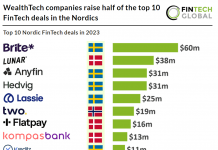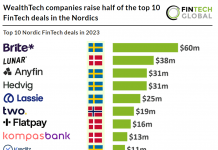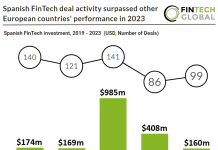Caliza, a startup offering banks and FinTechs an API that lets their customers save and transact in US dollars, has launched in Brazil with $5.3m in seed funding.
The round was led by Better Tomorrow Ventures and Abstract Ventures and also featured participation from Fontes by QED, Quona Capital and Valor Capital Group.
It is expected that the capital raised will allow Caliza to become the first company to build infrastructure for a suite of compliance, banking, and payment services through USD Coin, that will enable Brazilian companies and individuals to have better access to US dollar accounts.
Caliza founder, Ezra Kebrab, said: “National payment systems are improving rapidly with Central Banks launching real-time payment systems like Pix (Brazil), SPEI (Mexico), and UPI (India), among others, but there is still a large void in cross-border payments and banking.
“Caliza is looking to solve this problem so that everyone can thrive in a global economy.”
Caliza claims that financial institutions outside of America don’t make US dollar accounts widely available to individuals or small businesses because of cost and complexity.
This means that Brazilian companies and individuals pay a premium for access to international merchants and services ranging from Amazon Web Services and Slack to Walmart and Apple.
Kebrab was inspired to change this whilst working at Visa, which highlighted to him how difficult it is for companies to break into other markets, primarily due to a lack of access to global accounts with banking credentials tied to the world’s reserve currency.
Keep up with all the latest FinTech news here.
Copyright © 2023 FinTech Global











